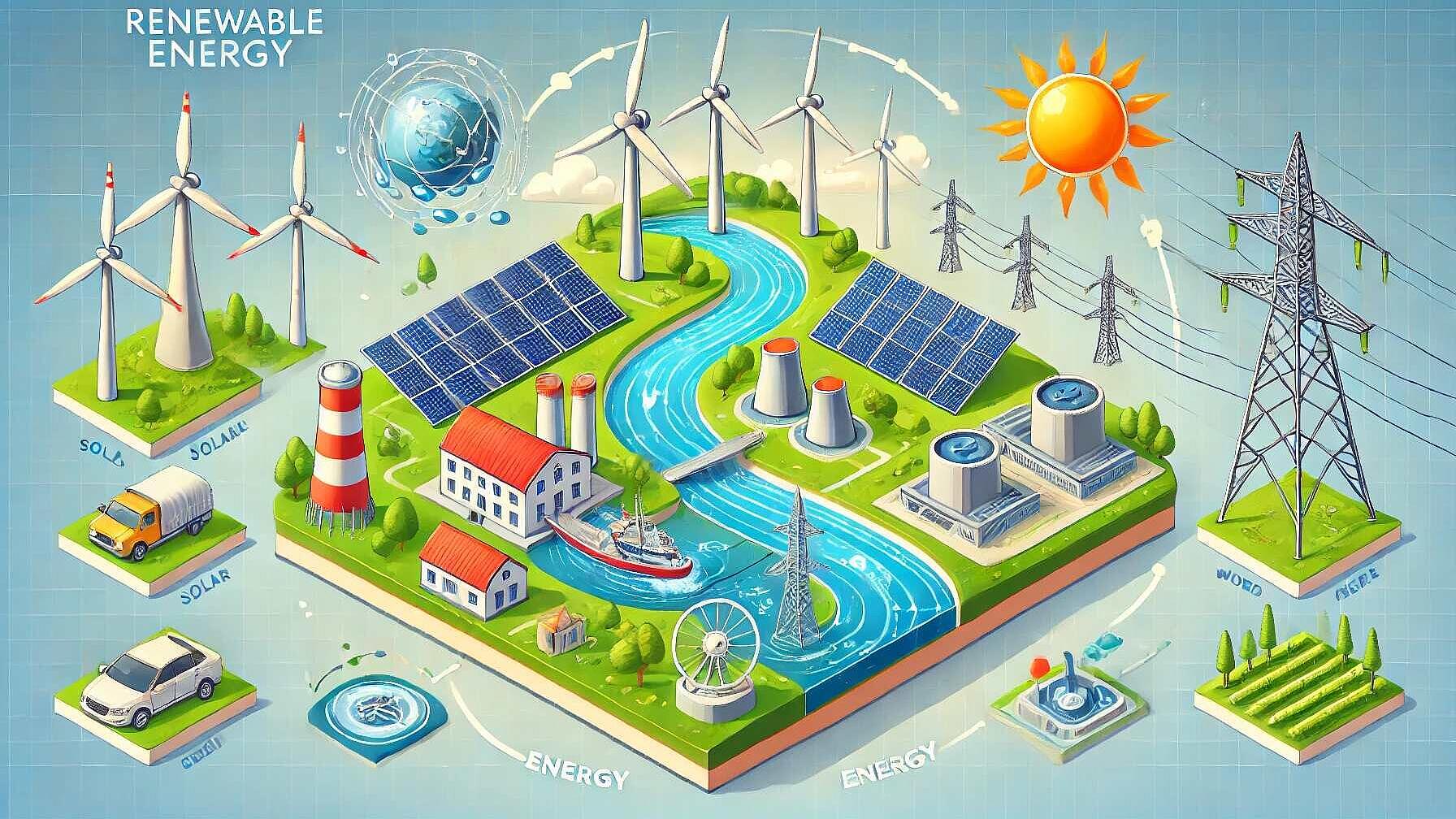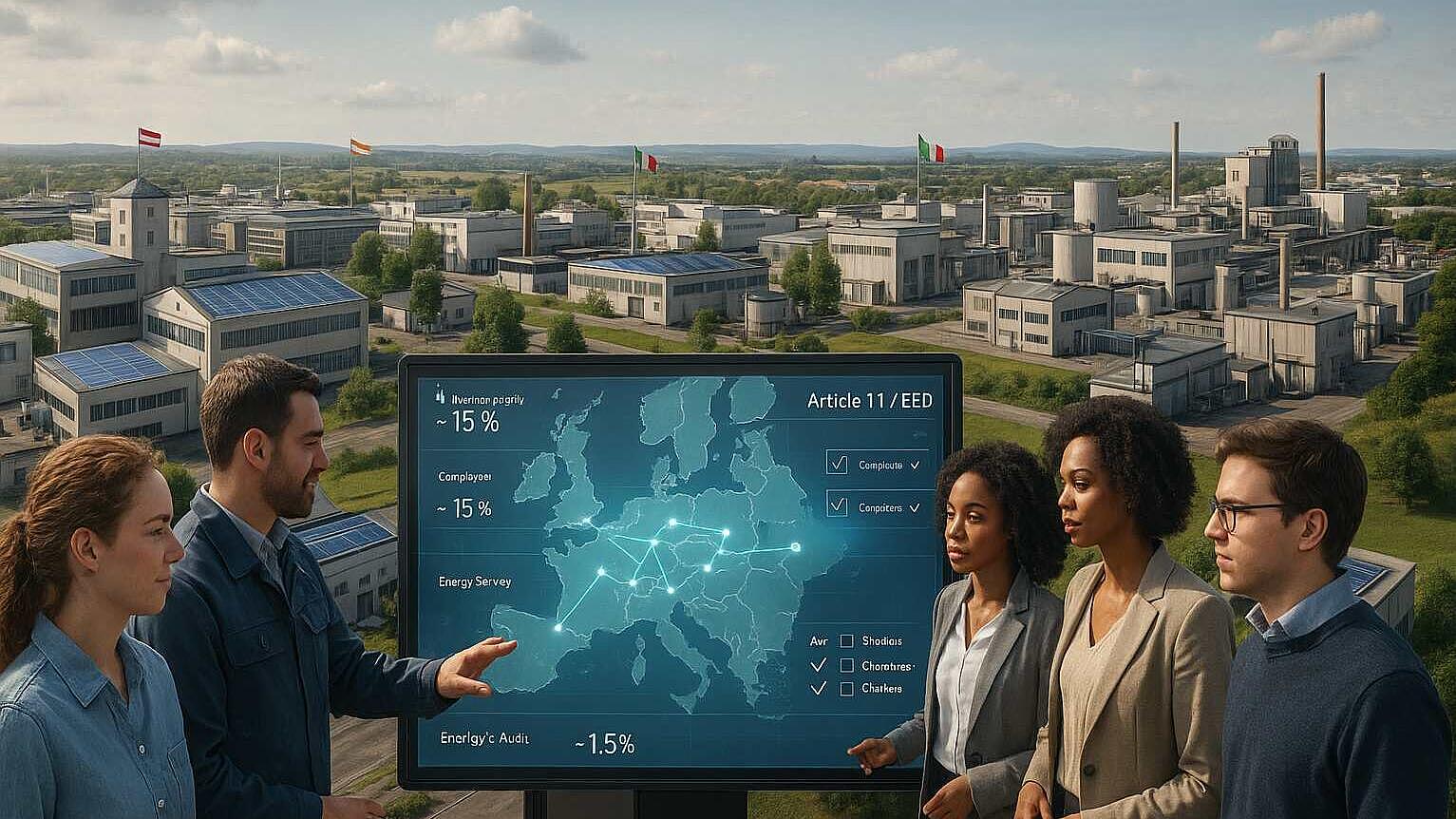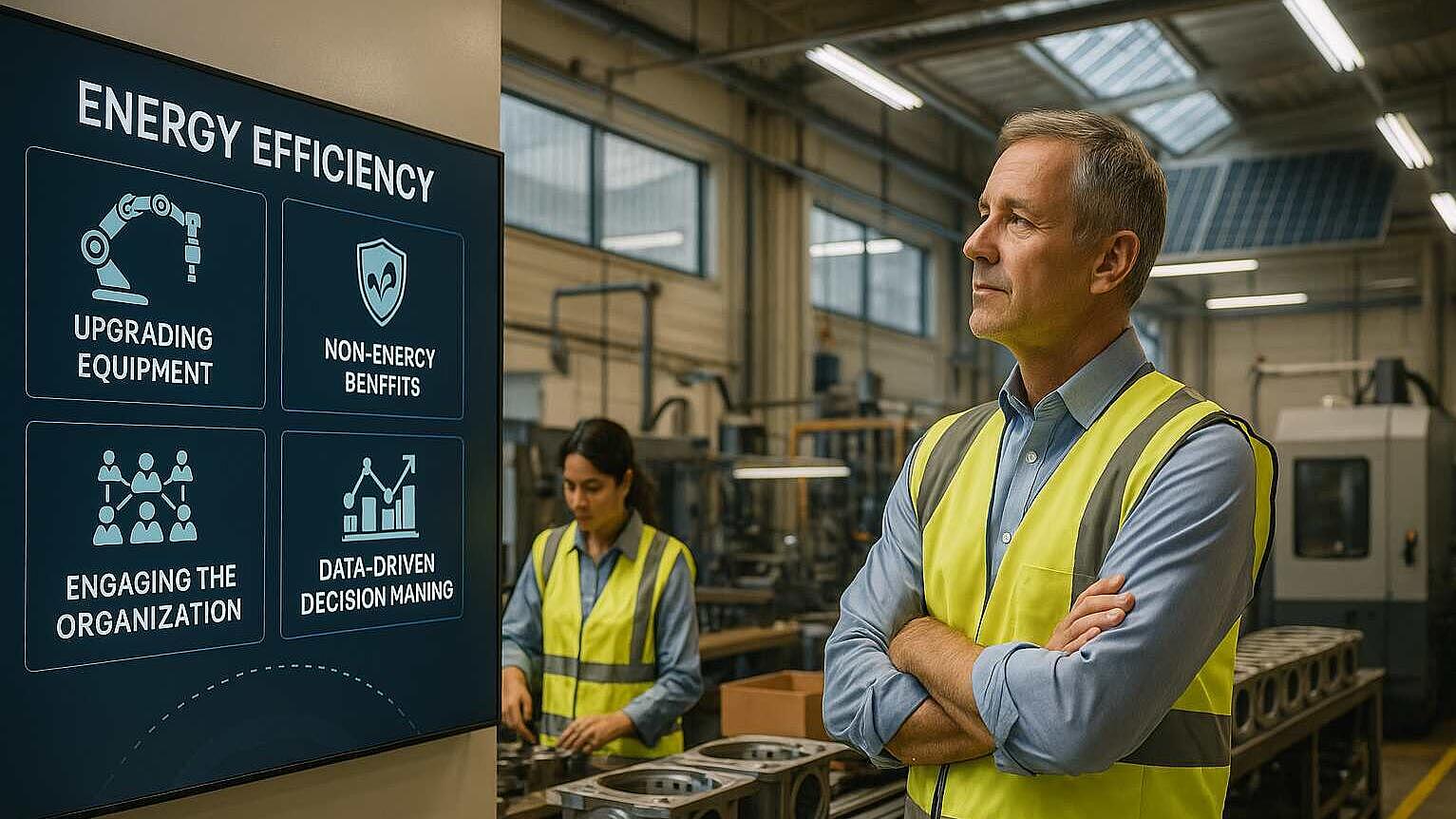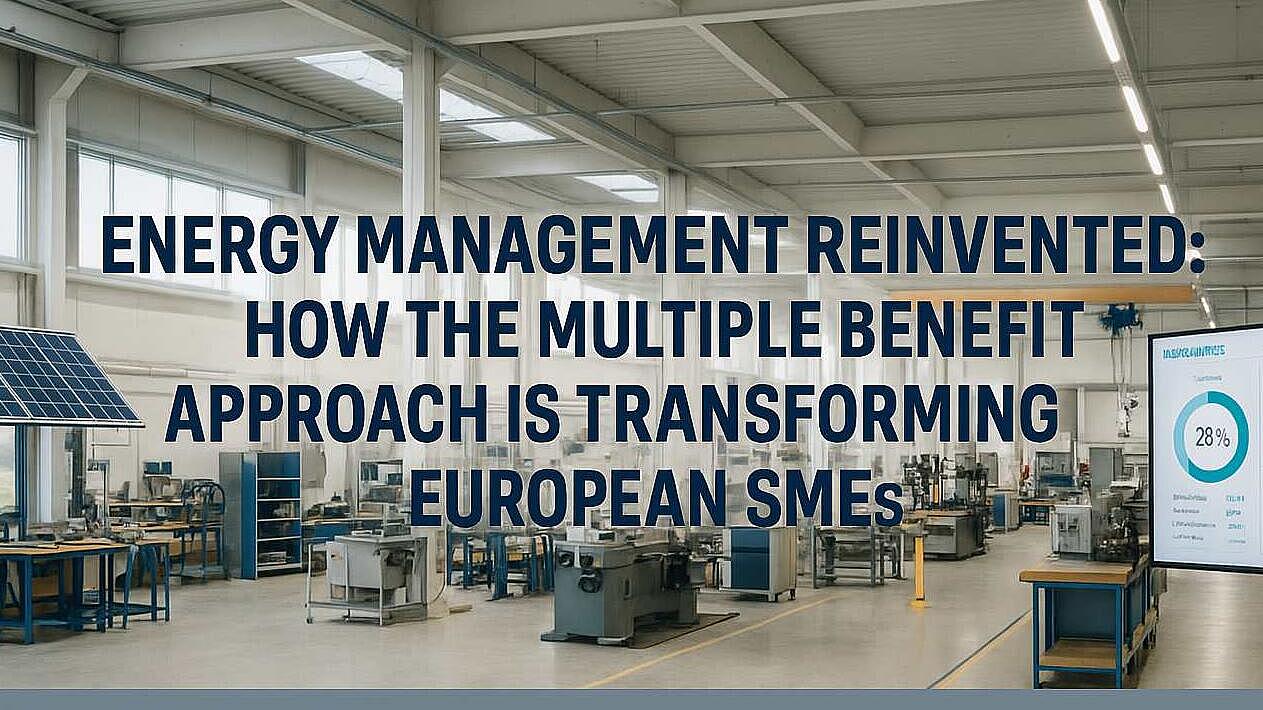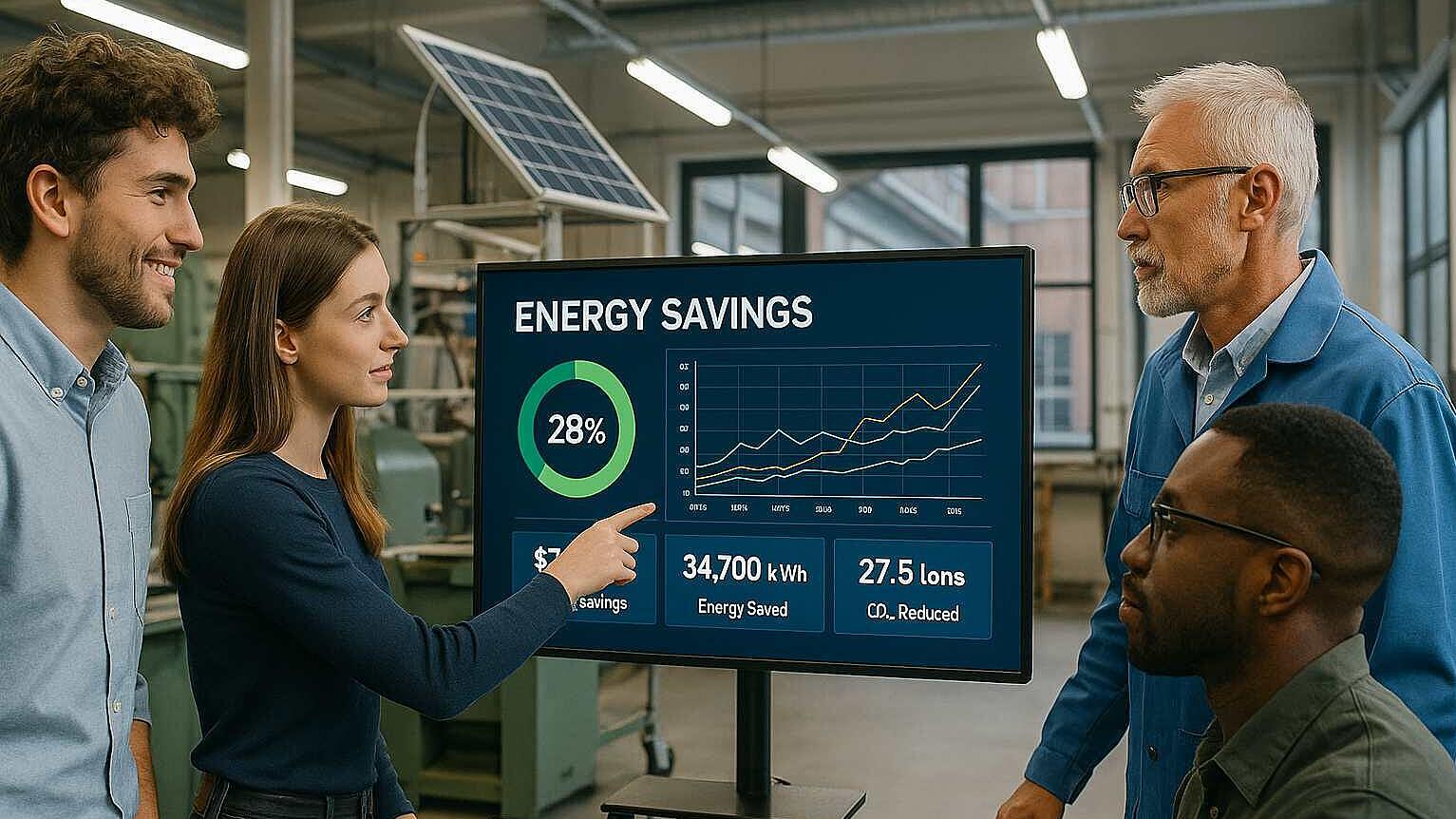 Articles
ArticlesThe paper discusses the global transition to renewable energy, which currently comprises 13% of world energy consumption and 26% of electricity generation. It highlights the diversity of renewable sources such as solar, wind, hydropower, biomass, geothermal, and ocean energy, each with its own advantages and challenges. Innovations in the sector are improving efficiency, like bifacial solar panels and larger wind turbines, as well as enhancing energy storage, smart grids, and exploring new frontiers with floating solar and offshore wind technology. The paper underscores the significance of renewables in job creation, energy independence, and climate change mitigation, referencing the IRENA's report of 11.5 million renewable sector jobs in 2019 with expectations for growth. Technological advancements in renewables are impacting other fields and contributing to economic transformation. However, there are noted challenges in grid integration, land use, supply chain management, and the need for supportive policies to promote renewable adoption. These challenges present opportunities for innovation and careers across engineering, finance, policy, and environmental science sectors. The paper suggests that the renewable energy transition is broad, reshaping economies and geopolitical dynamics, emphasizing the substantial opportunities for those eager to contribute to a sustainable energy future.
Read Full articleUnlocking True Value: Why Multiple Benefits Are the Future of Energy Efficiency
The M-Benefits project reveals that energy efficiency investments often overlook crucial benefits like product quality, operational risk reduction, and competitiveness. This gap persists despite clear profitability, as conventional appraisal methods focus narrowly on energy savings. The project provides tools, training, and case studies to help professionals communicate and leverage a project's full value, urging a shift to encompass strategic business outcomes, beyond mere technical improvements.
Read Full articleOvercoming Barriers: How Article 11 of the Energy Efficiency Directive Is Driving Real Change Across Europe
DEESME project enhances EU energy management via collaboration, clear communications and focusing on multiple benefits, addressing challenges SMEs face in compliance, audit quality, and recognizing wider advantages of energy efficiency beyond savings.
Read Full articleFive Big Steps for a Smarter, Greener Europe: Rethinking National Energy Schemes
The DEESME project aims to simplify energy efficiency for European SMEs by providing practical national scheme recommendations that are user-centered, highlighting benefits, and making policy guidelines clear and accessible, alongside incentivizing benchmarking and carbon footprint tracking.
Read Full articleBeyond Energy Savings: How European SMEs Are Leading the Way with the Multiple Benefits Approach
The DEESME project demonstrates how SMEs across Europe benefit from integrated energy audits by achieving energy savings and unlocking multiple business advantages, such as enhanced innovation, employee satisfaction, and resilience.
Read Full articleRedefining Energy Audits: The DEESME Multiple Benefits Approach for European SMEs
The DEESME Multiple Benefits Approach transforms energy audits for SMEs into a strategic business improvement tool, emphasizing productivity, sustainability, and employee wellbeing, beyond mere compliance. This innovative method fosters holistic benefits and equips future leaders to drive the energy transition.
Read Full articleEnergy Management Reinvented: How the Multiple Benefit Approach Is Transforming European SMEs
The DEESME project promotes a Multiple Benefit approach, integrating energy efficiency with broader business goals in SMEs, aligning with EU sustainability policy and enhancing various non-energy aspects, such as safety and product quality.
Read Full articleUnlocking Energy Efficiency in SMEs: Lessons from Seven European Projects
Despite representing a significant portion of Europe's energy demand, most SMEs face challenges in adopting energy efficiency measures due to financial constraints, lack of knowledge, time pressures, and cultural inertia. However, research from seven European projects suggests that targeted training, energy audits, and collaboration can overcome these barriers, with the potential for substantial savings and competitiveness enhancements.
Read Full articleRethinking Energy Audits: How a Multiple Benefits Approach Empowers Sustainable Business
The DEESME project promotes a Multiple Benefits Approach to energy auditing, integrating energy efficiency with broader business strategies for small and medium-sized enterprises (SMEs), aiming to generate value across various organizational aspects, thus transforming compliance into strategic opportunity.
Read Full articleBeyond Energy Savings: Unlocking the True Value of Energy Efficiency for Future Leaders
The M-Benefits research across 23 pilots identified 251 non-energy benefits (NEBs) of energy efficiency, quantifiable in 58% of cases, markedly increasing average internal rate of return and shortening payback periods, thereby underscoring their strategic business significance.
Read Full article